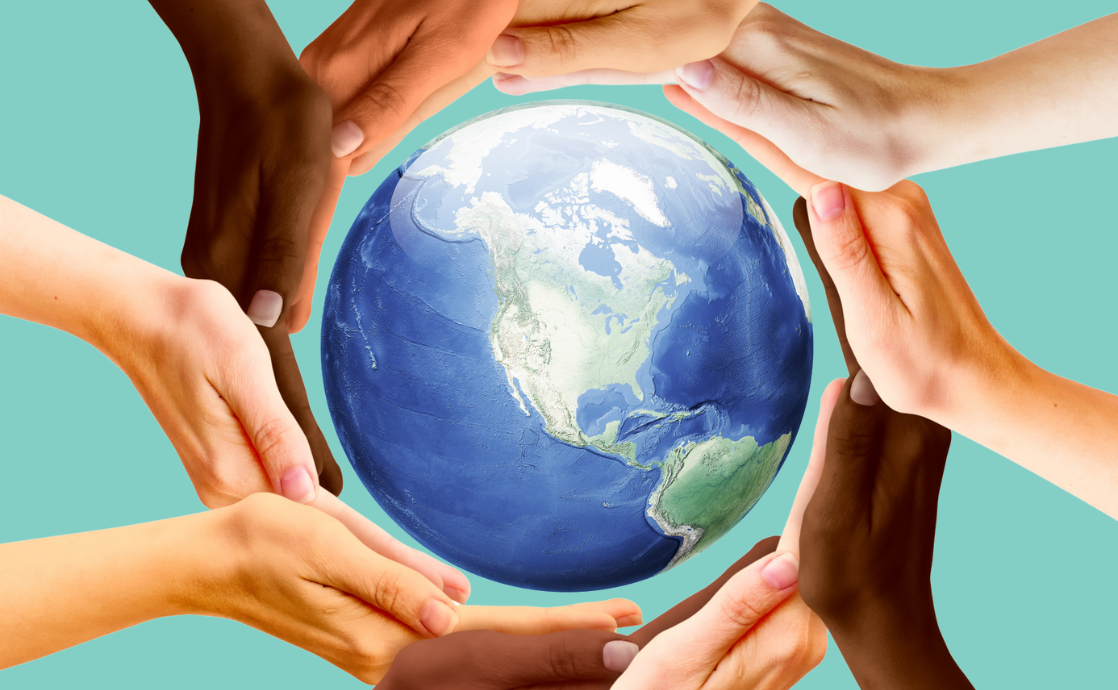In a world characterized by tumult and discord, the concept of trustworthiness emerges as a beacon of hope and stability. When dissecting the tenets of Bahá’í teachings, one encounters a profound assertion: trustworthiness is not merely a commendable trait; it is the bedrock of peace, security, and tranquility. This commentary seeks to elucidate the multifaceted dimensions of trustworthiness as espoused by the Bahá’í Faith, examining its implications on individual conduct and societal harmony.
To commence, it is pertinent to ponder: how does trustworthiness engender peace? The answer lies in its intrinsic relationship with the cultivation of confidence among individuals and communities. Trustworthiness fosters an environment where consistent actions and unwavering integrity are the norm. When individuals observe trustworthiness in their leaders and peers, it engenders a sense of security—vital in any healthy relationship, whether personal, professional, or communal. This foundational assurance allows individuals to operate without a gnawing fear of treachery or betrayal.
Furthermore, trustworthiness is enshrined within the Bahá’í teachings as an essential attribute of personal character. It necessitates a conscious commitment to align one’s actions with one’s promises. Such an alignment cultivates authenticity, shaping one’s identity in a manner that resonates with the principles of justice and equity. In a society where integrity is paramount, the very notion of conflict diminishes in proportion to the prevalence of trust. When each individual holds themselves accountable, the collective ethos transforms, paving the way for collaborative endeavors aimed at communal well-being.
However, a challenge inevitably arises: can one always embody trustworthiness in an environment rife with distrust? This exigent query invites introspection. The reality is that external circumstances may tempt individuals to act contrary to their better judgment. Yet, Bahá’í teachings assert that it is precisely during such trials that trustworthiness must shine brightest. Individuals are called to embody resilience, maintaining their fidelity to honesty and reliability, even when faced with adversities. This perseverance not only fortifies one’s character but also inspires those around them to elevate their standards of conduct.
In exploring the ramifications of trustworthiness on societal structures, it becomes evident that its absence yields a landscape marred by skepticism and division. Communities bereft of trust experience fragmentation; cooperation wanes, and the potential for mutual growth is undermined. Conversely, an atmosphere steeped in trust catalyzes social cohesion. Herein, partnerships flourish, enriched by mutual respect and shared visions. These partnerships act as exemplars of collaborative efforts that can transcend cultural, social, and economic divides—ushering in an age defined by unity and collective advancement.
Delving deeper into the societal implications, we recognize the indispensable role of trustworthiness in governance. Political leaders and public figures are custodians of society’s trust. When they fail in this regard, the ramifications are profound, often leading to civil unrest and disillusionment among citizens. The Bahá’í Faith advocates for a model of leadership that is transparent, accountable, and underpinned by a commitment to the common good. In doing so, it paves the way for a governance paradigm where decisions are made through a lens of integrity, thereby cultivating a lasting peace that resonates with the aspirations of the populace.
Moreover, the propagation of trustworthiness transcends personal interactions and extends into the realms of economic practices. Ethical business practices grounded in trustworthiness foster consumer confidence, facilitating transactions and engendering loyalty. In a market characterized by integrity, consumers are empowered, leading to sustainable economic growth. The interplay between trust and commerce illustrates that trustworthiness is not solely an interpersonal virtue but a societal catalyst that permeates all facets of human interaction.
An exploration of trustworthiness is incomplete without recognizing its spiritual dimension as articulated within the Bahá’í teachings. This dimension emphasizes the notion that trust not only binds individuals to one another but also to a higher moral and spiritual order. Engaging in acts of trustworthiness aligns one’s actions with the divine attributes espoused in Bahá’í writings, encouraging individuals to aspire to a noble standard of conduct that transcends mundane considerations. This spiritual grounding provides the impetus for individuals to act justly, thus ensuring that their interactions reflect a commitment to the well-being of humanity at large.
However, the journey toward embodying trustworthiness is fraught with challenges. One may grapple with societal norms that appear to contravene this principle. Yet, the Bahá’í response to such circumstances is not retreat but rather an embrace of the transformative potential held within each individual. The capacity to choose honesty over convenience lies at the core of personal agency, offering a pathway to cultivate an enduring legacy of trust.
In conclusion, trustworthiness stands as a cornerstone upon which peace, security, and tranquility are built within both individual lives and broader societal constructs. As individuals strive to embody this principle, they embark on a journey that transcends the self, contributing to the upliftment of humanity as a whole. The challenge remains for each person to reflect on how they can strengthen their commitment to trustworthiness, recognizing that through such individual endeavors, the foundation for collective harmony will be laid. The pursuit of trustworthiness is not merely a personal journey; it is a collective responsibility that bears profound implications for the future of global society.
